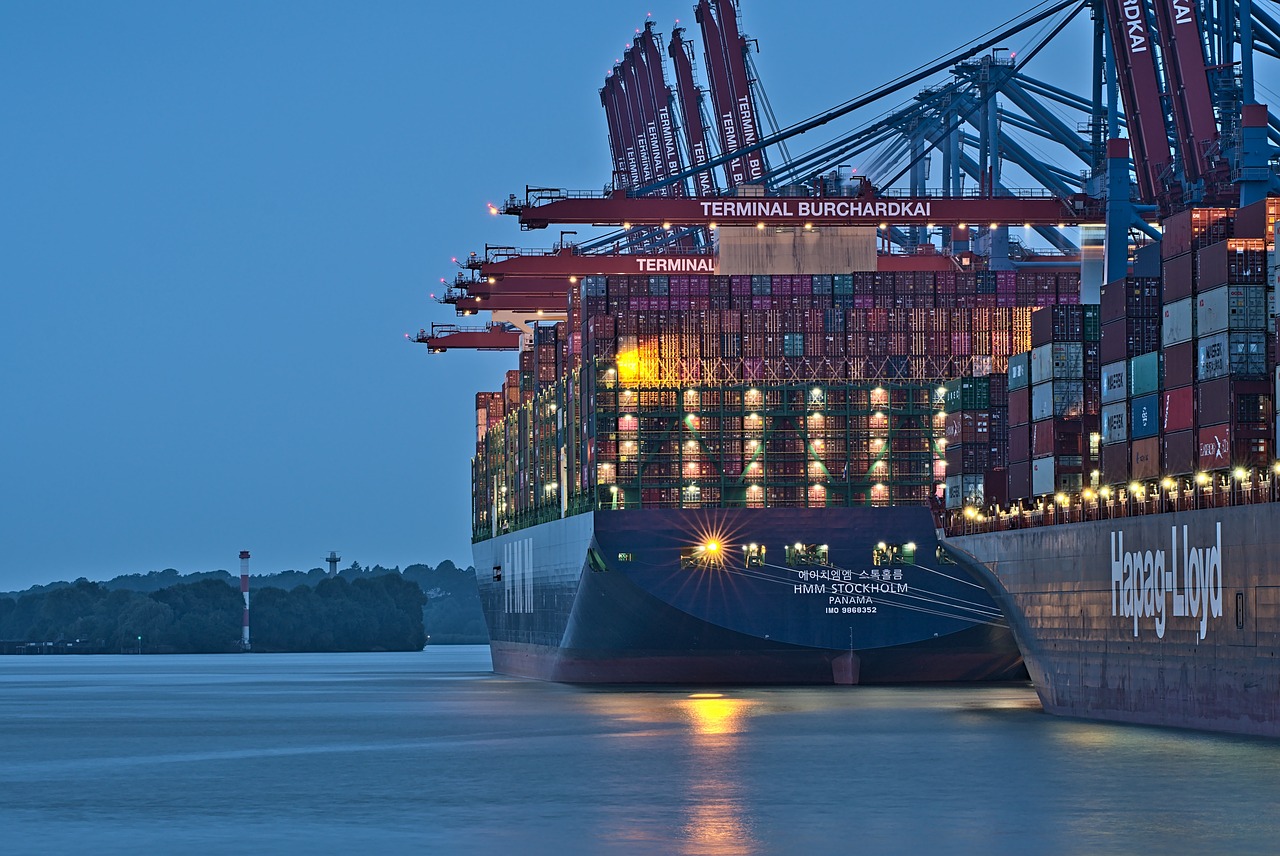Under normal circumstances, products must be declared for export, but in certain specific situations, customs declaration can be waived. Let’s go into the details below:

I. Is customs declaration mandatory for product exports?
In principle, customs declaration is mandatory. Under international trade rules and China’s Customs Law, all goods exported through formal trade channels—regardless of whether they are intended for profit—must be declared to customs and complete the required customs procedures. The only exceptions are non-commercial exports that meet specific conditions or extremely small-scale shipments (detailed later).
II. Exceptions Where Customs Declaration Is Not Required
1. Non-commercial items
Items for personal use (such as luggage carried by students studying abroad or migrant workers), diplomatic supplies, and disaster-relief goods donated without compensation must comply with the customs definition of “non-commercial.”
2. Cross-border small parcels (low-value goods)
Goods shipped via postal or courier services with a per-item value below the destination country’s duty-free threshold (e.g., set at USD 50–100 in some countries) may be declared through a simplified procedure, but policy differences among countries must be noted.
3. Goods Temporarily Imported or Exported
Goods such as exhibition samples or testing equipment that need to be re-exported may apply for “temporary export” to obtain a customs exemption, provided that a guarantee is submitted and the items are returned within the prescribed time limit.
4. Transfer within Special Economic Zones
Within free-trade zones, bonded zones, and other areas under special customs supervision, goods may be transferred without immediate customs declaration, but all required procedures must still be completed when the goods ultimately exit the country.
Risk Warning:
Even when the above circumstances are met, companies must still rigorously verify compliance. For instance, if small parcels are deemed to be “split to evade customs declaration,” they may face fines or a downgrade in credit rating.

III. The Importance of Customs Declaration to the Enterprise Itself
1. Compliant Operations and Legal Risk Mitigation
- Necessity: Customs declaration is a statutory procedure in international trade; failure to declare exports may be deemed smuggling, resulting in heavy fines, confiscation of goods, or even criminal liability.
- Case: In 2024, a certain enterprise failed to file輸出稅還付Sensitive goods were identified by customs as tax evasion, leading to supply-chain disruption and damage to brand reputation.
2. Export Tax Rebates and Cost Optimization
- Direct benefit: The customs declaration form is the core document for applying for export tax rebates. Compliant customs declarations can recover a portion of the value-added tax (typically 9–13%), significantly reducing business costs.
- Data: In 2024, China’s total export tax rebates exceeded RMB 1.8 trillion, and compliant companies saw an average profit-margin increase of 5–8% through these rebates.
3. Accumulation of Trade Data and Credit Endorsement
- Credit Value: Customs declaration records serve as a key basis for bank credit and financing loans, and are also a reference for international clients to verify a company’s qualifications.
- Long-term value: Continuously compliant customs declaration data can help companies obtain AEO (Authorized Economic Operator) certification and enjoy global customs facilitation (e.g., a 70% reduction in inspection rates).
4. Supply Chain Controllability and Customer Trust
- Logistics Support: Customs documents (such as the bill of lading and certificate of origin) are國際物流the necessary documents; their absence may cause the cargo to be held up at the port, resulting in demurrage charges or breach-of-contract compensation.
- Customer Relations: Formal customs declarations certify the legal origin of goods, preventing delivery delays due to clearance issues and boosting overseas buyers’ confidence in cooperation.
5. Market Analysis and Strategic Decision Support
- Data-driven: Customs declaration data—such as export categories, prices, and destinations—can provide businesses with precise insights for analyzing market trends and adjusting production plans.
- Policy utilization: For example, leveraging customs declaration data to identify tariff preferences among RCEP member countries and optimize the layout of target markets.

結(jié)論
As an export-oriented enterprise, proactive customs declaration should become the standard export procedure. Although exceptions exist, in the long run, the tax-rebate benefits, credit accumulation, and risk mitigation brought by compliant declarations far outweigh the short-term costs. It is recommended to partner with professional customs brokers or trade service providers to establish a standardized export process, while leveraging digital tools such as the “Single Window” to enhance efficiency.
Finally, we wish you every success in your export operations. If you need an agent or any further support from us, please feel free to contact us at any time!


 カスタマーサービスWeChatをフォローしてください
カスタマーサービスWeChatをフォローしてください